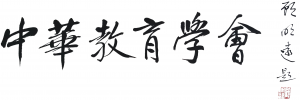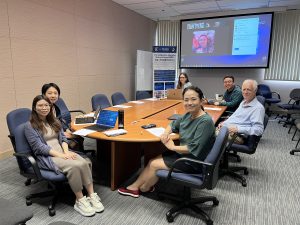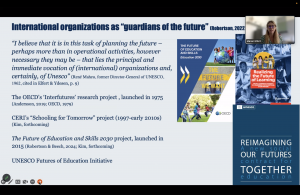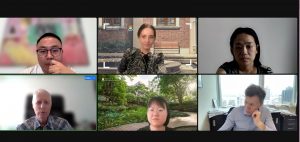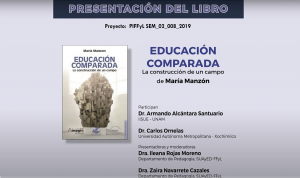The Comparative Education Research Centre (CERC) of the Faculty of Education at The University of Hong Kong (HKU) and Routledge have announced a new partnership for two established book series. Routledge, the leading education publisher, will now co-publish both the CERC Studies in Comparative Education and CERC Monograph series, supporting the global reach and impact of research in comparative education.
Established in 1997, CERC Studies in Comparative Education is today internationally recognised for its quality and breadth of topics, publishing titles by leading scholars from Asia and beyond. CERC Monographs is a series of concise books exploring educational trends and debates, helping to inform educational policy and practice.
Routledge will support further development of both series by working with the CERC Series Editors to attract the most innovative and impactful content in comparative education, as well as highlighting them as publishing venues for authors in the publisher’s world-class education list. CERC and Routledge have announced that the first book to be published under the new partnership will be by Professor Michael Crossley, Emeritus Professor of Comparative and International Education at the University of Bristol, UK.
Mark Bray, UNESCO Chair Professor in Comparative Education at HKU, said, “As the founder of the CERC Studies in Comparative Education, I am delighted that this new chapter for the series commences with Routledge as the co-publisher. Routledge has an excellent reputation, and the CERC team looks forward to the collaboration.”
Katie Peace, Senior Publisher for Routledge Asia Pacific, added, “We are excited to establish this new co-publishing partnership with CERC. The two series are already well established and a great fit with Routledge’s world class education research list. We look forward to future publications making a significant contribution to the field of comparative education.”
Nutsa Kobakhidze, Director of CERC, said, “At CERC, we are delighted to begin a partnership with Routledge as it marks a significant step towards advancing the field of Comparative Education. As we look forward to the publications that will emerge from this partnership, the series will contribute significantly to the academic discourse, offering new ideas that push existing intellectual boundaries.”
Yang Rui, Dean of Education at HKU, said, “The partnership between CERC and Routledge highlights a shared commitment to promoting academic excellence and facilitating the dissemination of impactful research internationally. The CERC-Routledge book series promise to be a valuable resource, providing a platform for cutting-edge research that can benefit students, scholars, school leaders and policymakers. Publications from these series will be a catalyst for thought leadership in Asia and globally.”
About Taylor & Francis
Taylor & Francis supports diverse communities of experts, researchers and knowledge makers around the world to accelerate and maximise the impact of their work. As a leader in the academic publishing field, Taylor & Francis publishes across all disciplines, and has one of the largest Humanities and Social Sciences portfolios. With an academic publishing heritage of over 200 years, its expertise advances trusted knowledge that fosters human progress.
Routledge, part of Taylor & Francis, is the world’s leading academic publisher in the Humanities and Social Sciences, partnering with many of the most influential societies and academic bodies to publish their journals and book series.
Contact
For more information about the CERC series or details about how to submit a proposal, please contact Nutsa Kobakhidze, Director of CERC, Faculty of Education, HKU (Email: nutsak@hku.hk), or Katie Peace, Senior Publisher, Routledge Asia Pacific (Email: katie.peace@taylorandfrancis.com).


